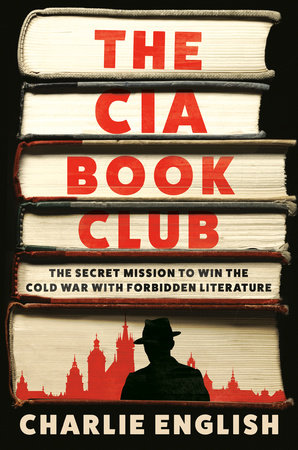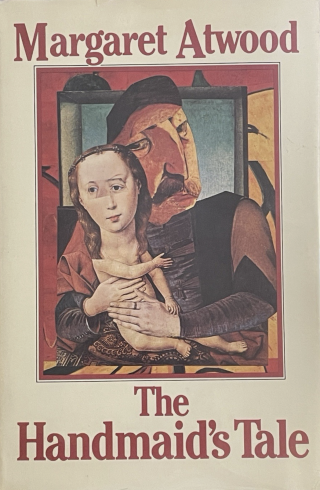The key weakness of The CIA Book Club is English’s surprisingly uncritical attitude toward the CIA itself. The agency famously plotted to overthrow governments and colluded with violent right-wing dictatorships in countries including Chile, Argentina, and Chad, and of course played a key role in the Iran-Contra affair during the same years as this heroic literary story. English name-checks these transgressions but fails to explore the moral complexities inherent in the CIA’s sponsorship, largely on the rationale that the rebels embraced the arrangement. Yet just as the US Naval Academy recently combed through titles searching for disfavored DEI terms—a crass exercise antithetical to free inquiry—so did the CIA review books for approval before they could be sent to Eastern Europe. A censor’s fingers always leave marks, no matter the intent. No one can object to Camus or Orwell, and the books placed into the hands of repressed Poles were of course to the good. But it is worth asking whether the agency would likewise have helped Poles access Edward Said, Eric Hobsbawm, or Howard Zinn.
That’s not to say that those left-wing intellectuals make for better reading than the authors shipped into Poland. The point is that having someone choose what others can read creates a moral hazard. The CIA treated the war of ideas in Eastern Europe as a zero-sum game—not unreasonably, for the Cold War would be won by either the United States or the Soviet Union. But such binary thinking necessarily undermines open intellectual pursuit. If free thought is curated, it is not free. The purpose of the CIA books program was to defeat an enemy, not to liberate the minds of a repressed people; the liberation was a means rather than an end. Giving access only to some ideas, or only to the right kind of ideas, was a way of defeating the enemy using its own tools. None of this is to deny that the CIA’s program was, on balance, worth its drawbacks—it almost certainly was. Yet to present it as a soaring triumph free of cost is surely too facile. A more nuanced book would have explored the fundamental paradox at the heart of the CIA’s enterprise.

